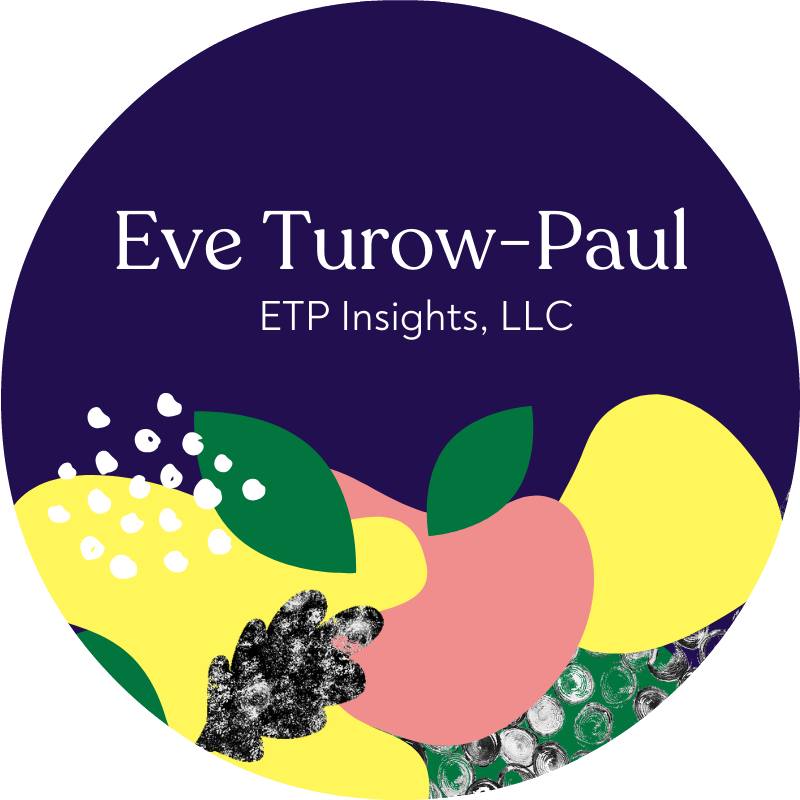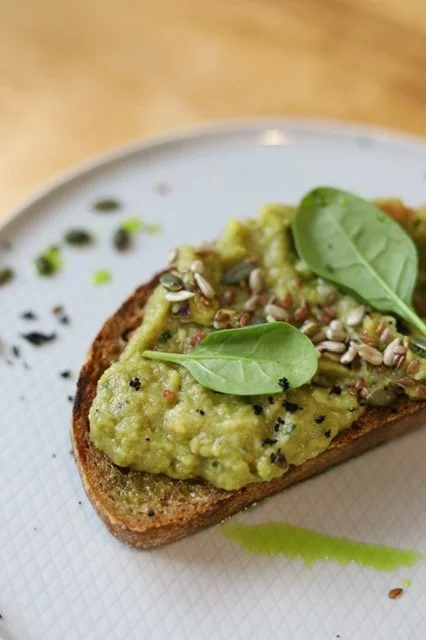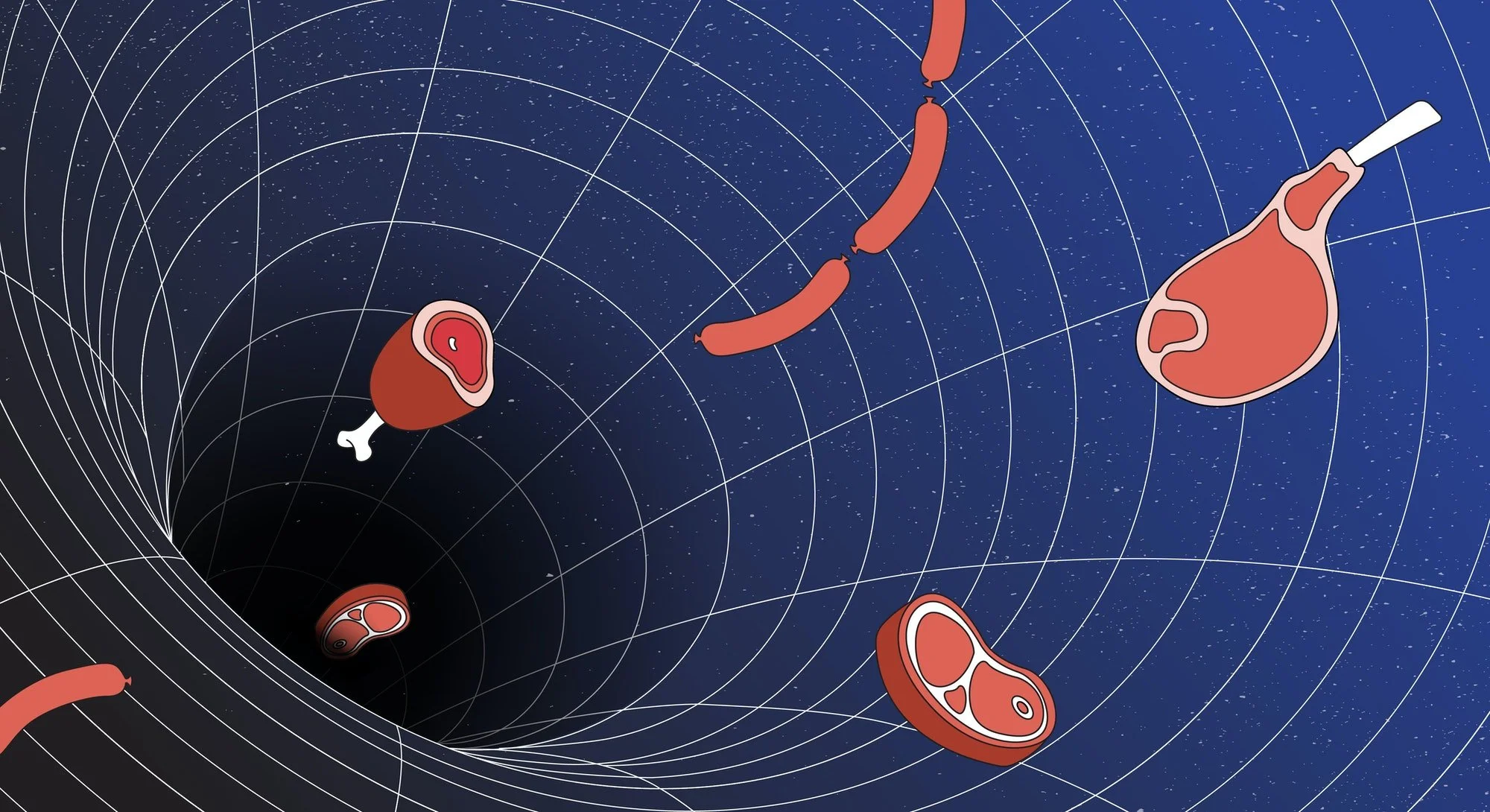
Press
Media Mentions
Podcasts
Eve Turow-Paul is my guest today on Inside Ideas.
Author of Hungry: Avocado Toast, Instagram Influencers, and Our Search for Connection and Meaning, Eve’s work explores the intersection between the digital age, food trends, and well-being. Her research focuses heavily on human behaviour and the impact 21st century technologies and cultural events have on people’s wants and needs, examined through the lens of food and lifestyle trends.
With her unique blend of investigative reporting, analysis of academic research and top trends, Eve utilises her extensive empirical research to advise Fortune 500 companies, start-ups, non-profits and independent entrepreneurs on how to connect with and better serve people.
She is also the founder and Executive Director of the Food for Climate League, a non-profit that’s creating an exciting food and climate narrative to democratise sustainable eating.
I am delighted to welcome Eve on the show to discuss these key issues for humanity.
How do you feel posting your regular Tuesday dinner online in a sea of internet chefs and food bloggers?! Less than? Influenced? Unaffected? My guest today Eve Turow-Paul, shares her research on how to connect, understand and better serve people in this Digital Age. Thank you for being here! Timestamps: 00:00 Friend to Friend with Amanda 03:57 Friendo interview with Eve Turow-Paul 44:34 Man friend debrief with Dean Explore my shop: http://www.hellofriendo.com Thank you Eve for your contribution to Friendo. Please follow her on Instagram @eveturowpaul and check out her latest book "Hungry: Avocado Toast, Instagram Influencers, and Our Search for Connection and Meaning" and learn more about Eve at https://eveturowpaul.com Follow along on social: Instagram @shophellofriendo Instagram @amandamuse Twitter @museamanda Facebook /museamanda YouTube AmandaMuse Edited by AmandaMuse Advertising Inquiries: https://curiouscast.ca/advertise-with-us/ See omnystudio.com/listener for privacy information.
We’re obsessed with food. We spend more time creating it and more money on it than we ever have before. But do we love the actual taste of what we eat or simply how it makes us feel. In this episode I’m joined by Eve Turow-Paul, a globally recognized expert on food. We discuss our modern-day obsession with food, our irrational views of what we like, and studies that show how marketing distorts our perception.
Listen as Eve Turow-Paul '09 and Catherine Sanderson, Poler Family Professor in Psychology, discuss the book.
In Hungry: Avocado Toast, Instagram Influencers, and Our Search for Connection and Meaning, author Eve Turow-Paul unpacks the ways in which we use food as a tool for communication - communication with others and communication of our identities. In this episode, we talk about how we seek out communities in an age of digital hyper connectivity.
We wait in lines around the block for scoops of cookie dough. We photograph every meal. We visit selfie performance spaces and leave lucrative jobs to become farmers and craft brewers.
Why? What are we really hungry for?
In this interview, Leigh Martinuzzi speaks with Eve Turow-Paul about our foodie culture and lifestyle, why it’s become so prolific and how it plays an important role in our overall wellbeing.
Food culture is a conduit to finding and cultivating well-being (physically and emotionally), especially during these anxiety-provoking days.
On this episode, Kim chats with Eve about what it means to truly nourish ourselves and explores how we can better satisfy our hunger for physical, spiritual, and emotional well-being.
Pete Dominick is really excited to introduce you to Eve Turow-Paul on this episode of Stand Up!
In Print
Eve Turow-Paul, founder of the Food for Climate League, said that, although many Americans have expressed an interest in changing the way they eat toward a more plant-forward diet, “so many of us feel like we are being held back and kind of pigeonholed into a corner.
“A lot of that has to do with the framing,” she added. “One of the most basic findings that Food for Climate League had early on in our research is that so often plant-based meals are framed in the negative. … So often we read the menu description and it's all about what's not in the dish, so you don't really know what it is that you're eating.”
She said meatless items also are often framed as being substitutes for the real thing, “instead of just celebrating all of the plant-based dishes that there are out there in the world.”
Eve Turow-Paul, a Chicago-based food culture analyst, discussed changing consumer interests in a keynote address on May 27. She highlighted the ways social and environmental activism, along with new societal pressures and anxieties, are influencing food and beverage innovation.
The shifting marketplace shows no signs of abating, she said. The growing sustainable food culture is about addressing social justice and mental health.
While it's nice to have familiar foods on your plate, there's also plenty out there to expand our palates. Eve Turow-Paul, founder and executive director of Food for Climate League, points out that 75% of the world's food is generated from only 12 plants and five animal species. "There are up to 300,000 edible plants, and we eat less than 200 of them," she says. "There are tons of delicious foods out there that are currently being ignored. Instead, most of us are focusing on a small handful of foods, especially proteins. It's time to expand our horizons and celebrate the outrageous and overlooked diversity of options available for us to enjoy."
Describing food culture as “a conduit to finding and cultivating well-being,” Author and Founder of Food for Climate League Eve Turow-Paul sees an inexorable linkage between the digital age, well-being, and food culture…
Eve Turow-Paul recently joined us for the second season’s first episode of our webinar to discuss how lifestyle trends are linked to food interests and how different trends are being played out in new ways due to COVID-19.
Food has become a way for consumers to ease their worries and anxiety in an increasingly stressful world, and they are looking for products that can answer their basic needs for control, community, and purpose, says Eve Turow-Paul, a writer and cultural anthropologist who presented her research at SHIFT20, the virtual IFT show.
“Those in hospitality now have an extra responsibility; it’s not just to feed people, but to inspire and lift people up during a time of really intense anxiety,” [Eve Turow-Paul] said. “People are thinking innovatively about what we can supply in a safe manner and how we are going to distribute it to people. Some restaurants are shifting their business models to match the current demand for ‘shelter in place’ eating experiences. Digital platforms have helped by filling a void to help food businesses stay connected to their customers.”
“I’m tasting the Dunkaroo in my mind and it is so sweet and texturally very satisfying, and it just brings me back to the playground,” says Eve Turow Paul, a consultant and author of the upcoming book Hungry: Avocado Toast, Instagram Influencers, and Our Search for Connection and Meaning.
She sees the reboots of Dunkaroos and Cheez Balls as a way of tapping into a shared memory or identity, and finding community around that. Given the performative aspect of tweeting about Dunkaroos or “liking” a Facebook group calling for the return of a discontinued snack, a nostalgic food can take on an almost meme-like quality. It’s less about making informed food choices than indulging in an escapist pleasure. “You are essentially excusing yourself from your general adult worries in life,” she says. But memes aren’t necessarily appetizing.
Food writer Eve Turow Paul, whose forthcoming book “Hungry” tackles the future of food, says the potential upside of robots in the culinary world is “the democratizing of good food.”






















